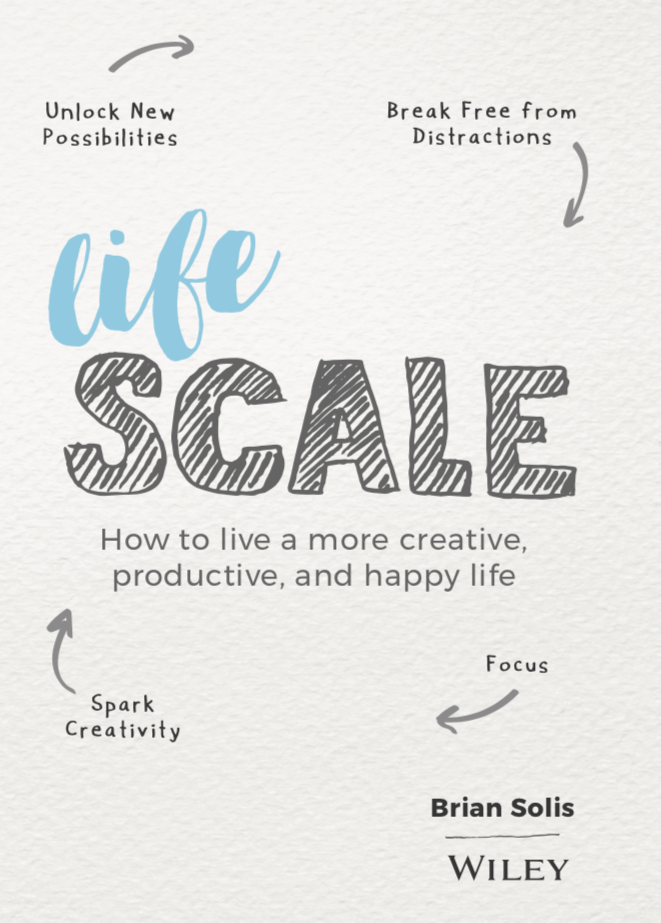“You’re walking along the street, and bump into a friend. After a quick hello, this friend compliments you. What do you do in response? Most likely, offer a compliment in return. Or, at the least, say thank you.
“A few steps further down the street, you see someone drop a wallet. You pick it up and hand it to them. They say thank you. Your response: ‘You’re welcome.’”
This behavior, according to Brian Solis writing in Scientific American, is known as “social reciprocity.” It’s human nature (and even occurs in the animal world, with chimps, for example.) It’s part of the glue that holds society together and helps build strong relationships.
Until digital platform developers got a hold of it, that is. Now, our constant digital connection has turned social reciprocity into a huge problem.

Image source: BrianSolis.com
“As I explain in my book Lifescale, many creators of digital platforms have studied psychology. Their goal has been to eat up more and more of our days,” writes Solis. Through persuasive design, they’ve worked to manipulate human behavior.
“After all, the attention economy is wildly lucrative,” Solis continues. “Our attention is the currency; it’s what we pay to use these platforms for free. It’s also finite, so there’s limited supply and great demand.”
Our natural instinct toward social reciprocity works against us online, creating pressure to stay engaged, check back, comment and share to prove we value those relationships we’ve formed online. I’ve done it … I see those dots indicating someone is typing a response, so I keep watching, thinking I’ll be considered rude or non-communicative. Meanwhile, the people who are actually in the room with me continue to be ignored.
“This is the new norm,” Solis writes. “We’ve been fooled into believing we’re more connected, informed, productive, creative and happy. But in reality, this kind of social reciprocity eats away at our norms and values, and rebuilds them in harmful ways. As a former Facebook executive put it, ‘The short-term, dopamine-driven feedback loops that we have created are destroying how society works.’”
It needs to stop. In his book Lifescale, Solis gives two basic rules to follow to wean yourself off the digital reciprocity hamster wheel:
- Honor your right to disconnect; and
- Focus on strengthening real relationships.
We are not required or socially obligated to respond to the bombardment of notifications. We can choose to put down the phone at any time. In doing so, you will begin to find yourself more present with people in real-time.
“By keeping in mind that interaction online took time away from work or family, I learned to ease off the pressure of digital social reciprocity. I took back control,” Solis continues.
Digital reciprocity is not a mandate. We’ve been trained to think so, in order to stay engaged on those platforms, and we’ve unwittingly become addicted to this behavior. It’s time to return to a more normal form of interacting. (Brian Solis’ entire article is worth a closer read; so it his book, Lifescale.)
